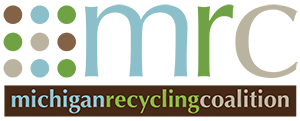MICHIGAN AGRICULTURE/GREENHOUSE
FILM PLASTIC RECYCLING PROGRAM
AGRICULTURE & GREENHOUSE FILM PLASTIC
Varieties of Recyclable Film Plastics
STEPS
Before proceeding, please click the button at the bottom of this section to review detailed steps on Eaton County's website.
- Read and understand the material preparation instructions.
- Submit an appointment inquiry form.
- Wait for department staff to contact you to finalize your registration and set an appointment date/time.
- Recycle your materials on site during your scheduled appointment time.
- Await and receive an invoice based on the weight of your material. Invoices are payable by check only.
KEEP IT CLEAN
Please bring plastic with minimal debris (soil, rocks, silage, etc.) and follow material preparation requirements. Material must be dry when transported to the site. This aids in easier handling of the material and a lower recovery fee for you.
RECOVERY FEE AT SUNFIELD FACILITY
There is an $0.08/pound recovery fee charged to pay for program costs. Will send an invoice that is payable by check.
THANK YOU! Please visit Eaton County’s website to make an appointment. We appreciate your interest in our agricultural film plastic recycling program!
FACILITY REQUIREMENTS
- Adequate space for at least 40 furnished bales. Approximately 500-2,500 square feet will guarantee enough room to stack bales and accommodate materials of different types of plastic. Sufficient space is needed so that bales are not moved multiple times to accommodate other stored materials.
- Flat, dry surface to stack bales - e.g., a concrete pad or packed earth barn floor
- If there is a chance the ground will get wet or if the ground surface is gravel or grit, then a supply of pallets on hand is necessary.
- Baling equipment that can condense 1,000 lbs. of material.
- Roof cover is great to keep bales out of the sun and rain/snow, but is not necessary.
- Bales can be covered with a tarp.
- Scales to weigh the bales upon delivery
- Restricted access with staff who know the quality standards and thus can accept the bales upon delivery.
- A loading dock (or loading ramp) or another combination of equipment to load bales into an enclosed trailer, maneuver the bales within the trailer, and stack the bales two-high. The equipment combinations could be, for example, a loading dock and a skid steer/forklift or a skid steer/forklift and a pallet jack.
- Staff or contract labor to operate the equipment.
MAKING THE PROGRAM VIABLE FOR OUR PARTNERS
Every step of the recycling stream is set up knowing that there is scarcity in the recycling marketplace for agricultural film plastics. It currently costs more to collect, transport, and process these materials than they have in value. In order to make this program cost-effective, the MRC wants to organize collections to generate mass volumes of plastic for the purpose of recycling. As a nonprofit 501(c)(3) organization, we are encouraging every facility and partner along our stream to consider that this will not be a revenue-generating process.
Michigan Recycling Coalition will be coordinating a processing fee on the basis of material volume and offering compensation to processing facilities for their overhead and operational costs.
PARTNERS
Interested in helping us grow a robust and impactful program? We need partners like you! If you operate a recycling facility, utilize the information above to learn how you can process film plastic for end-market use.
Our current partners include Bay Area Recycling for Charities, Dr. Shrink, Eaton County, Edge Materials Management, EGLE, Emmet County Recycling, Michigan Boating Industries Association, and Michigan Clean Marine Program.
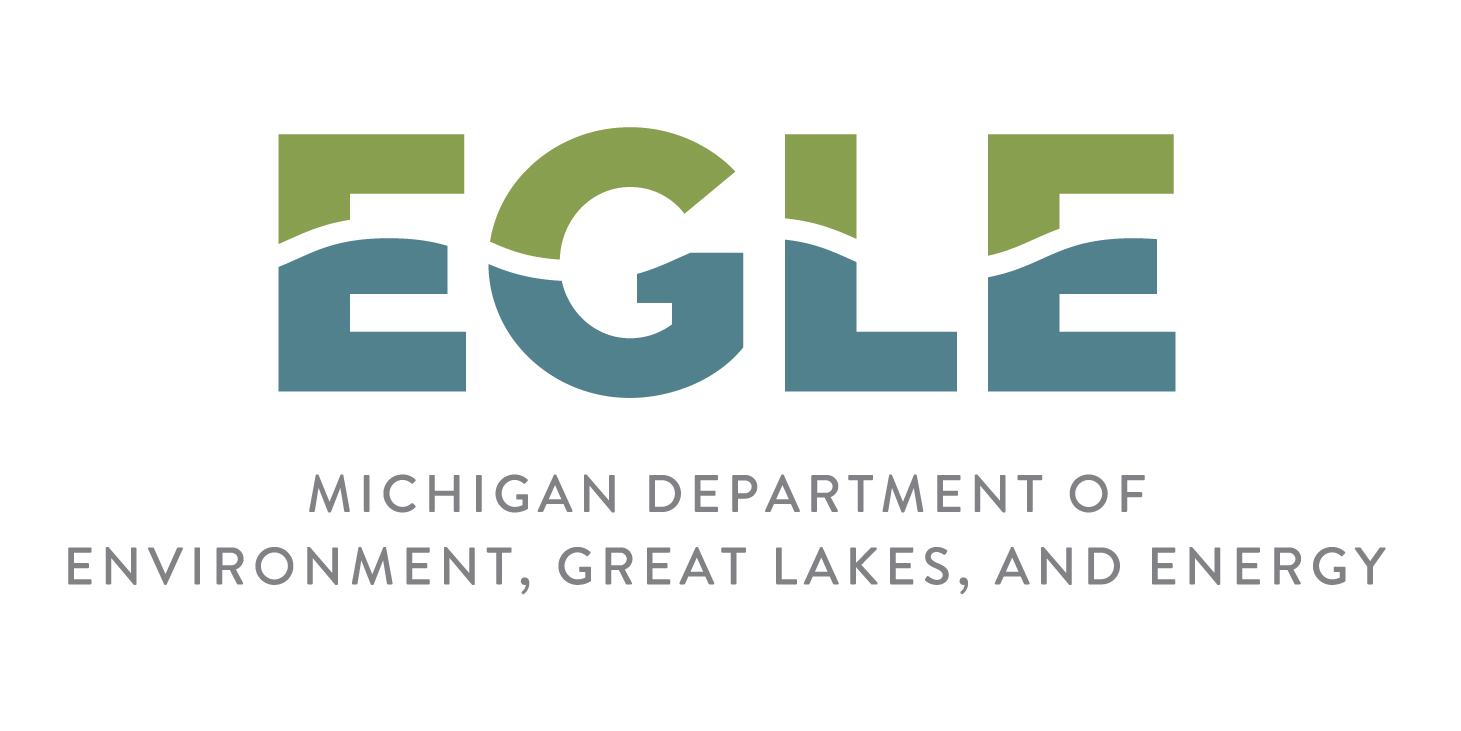
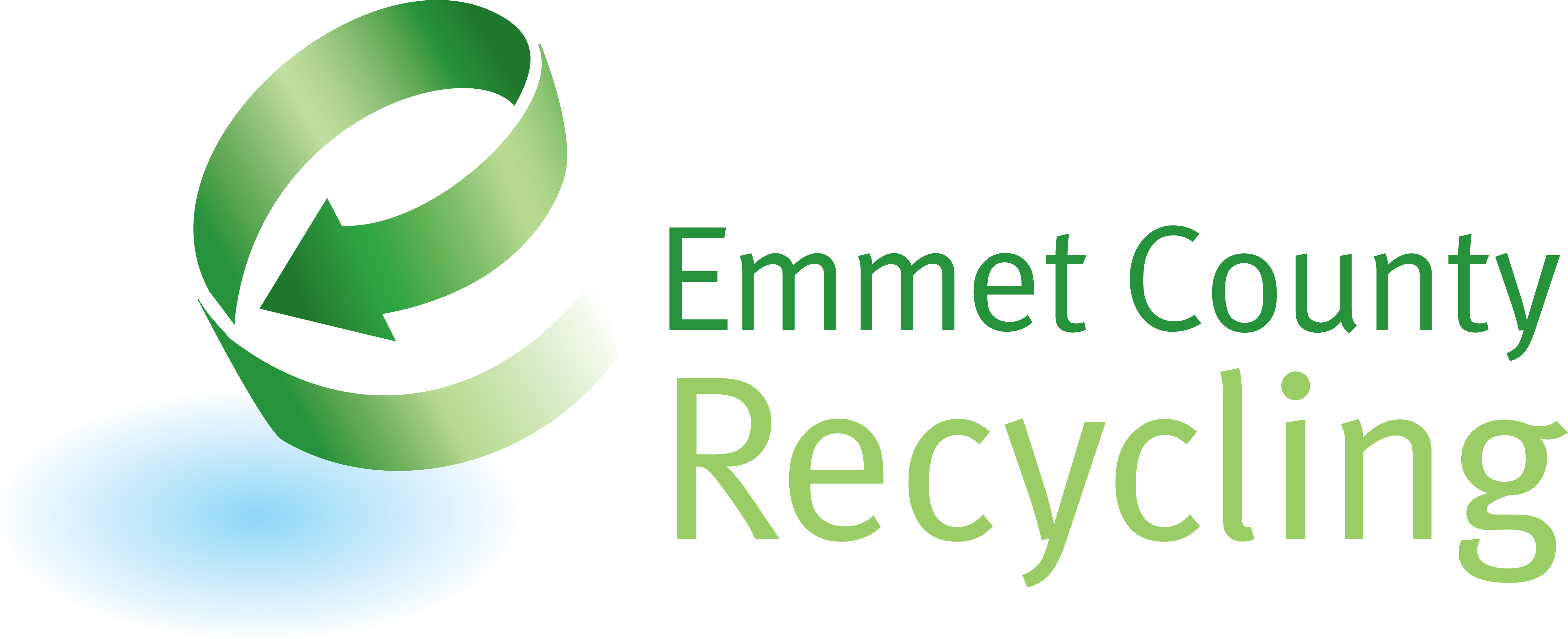
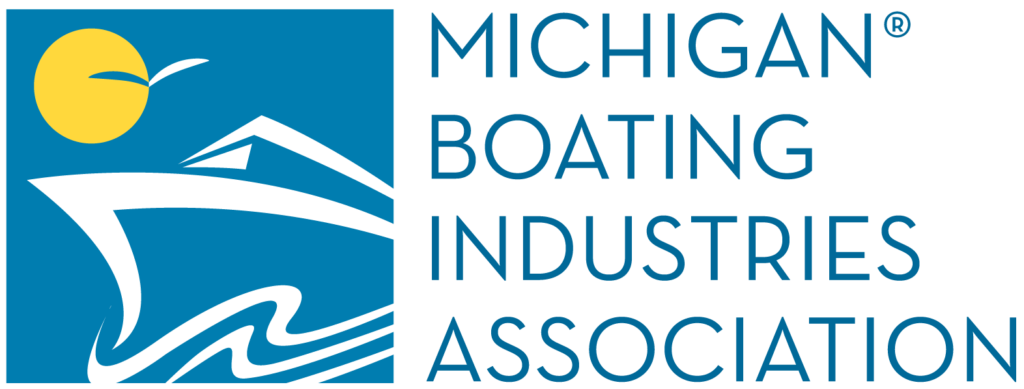
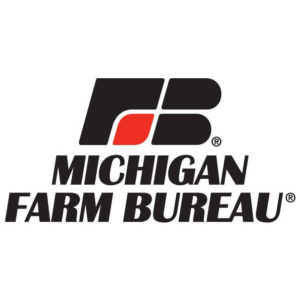
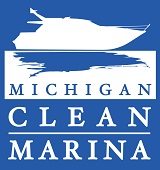
CONTACT: Jillian Plant┃Project Coordinator ┃Michigan Recycling Coalition ┃P: 810-692-1095 ┃E: jplant@michiganrecycles.org
